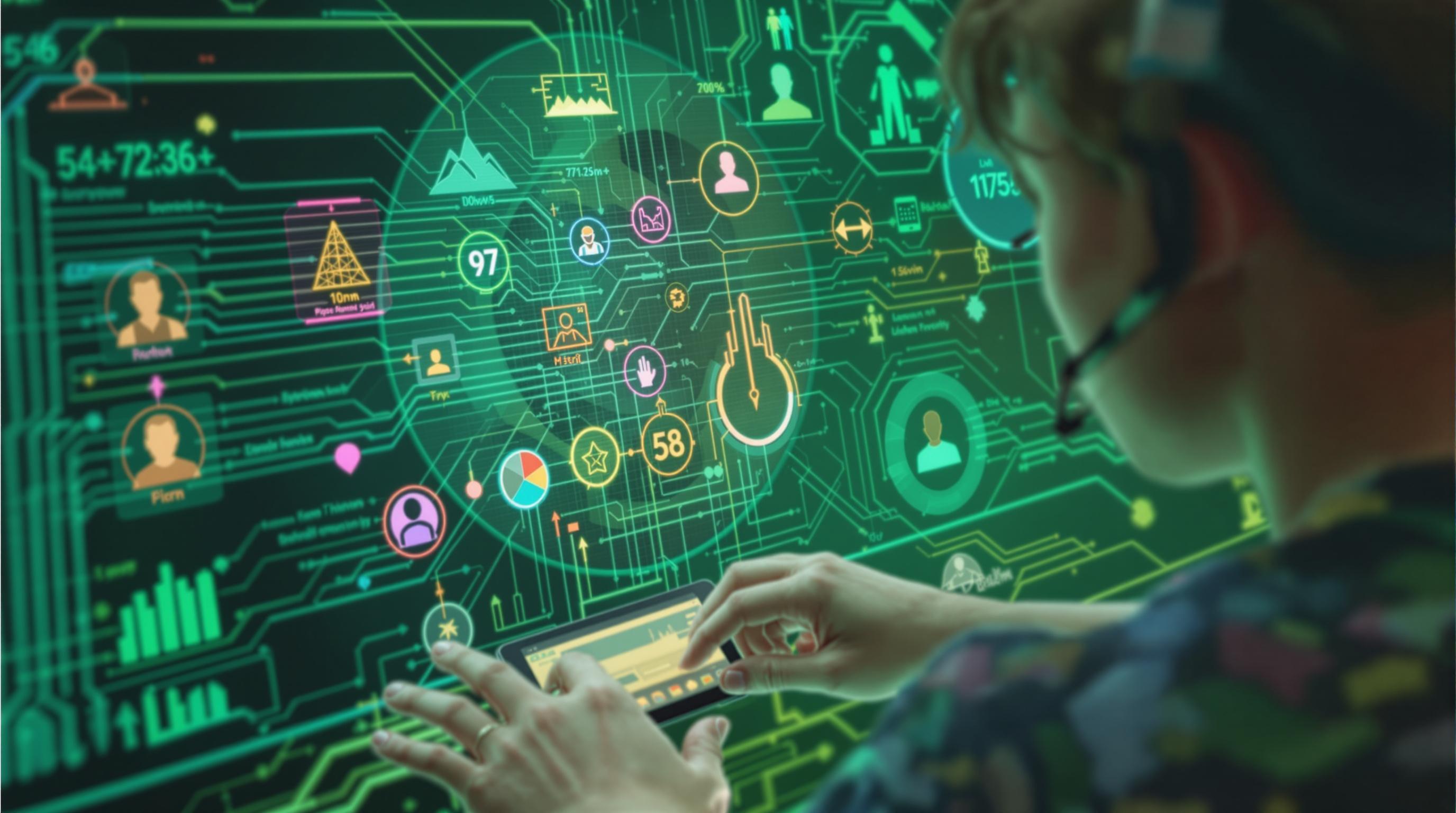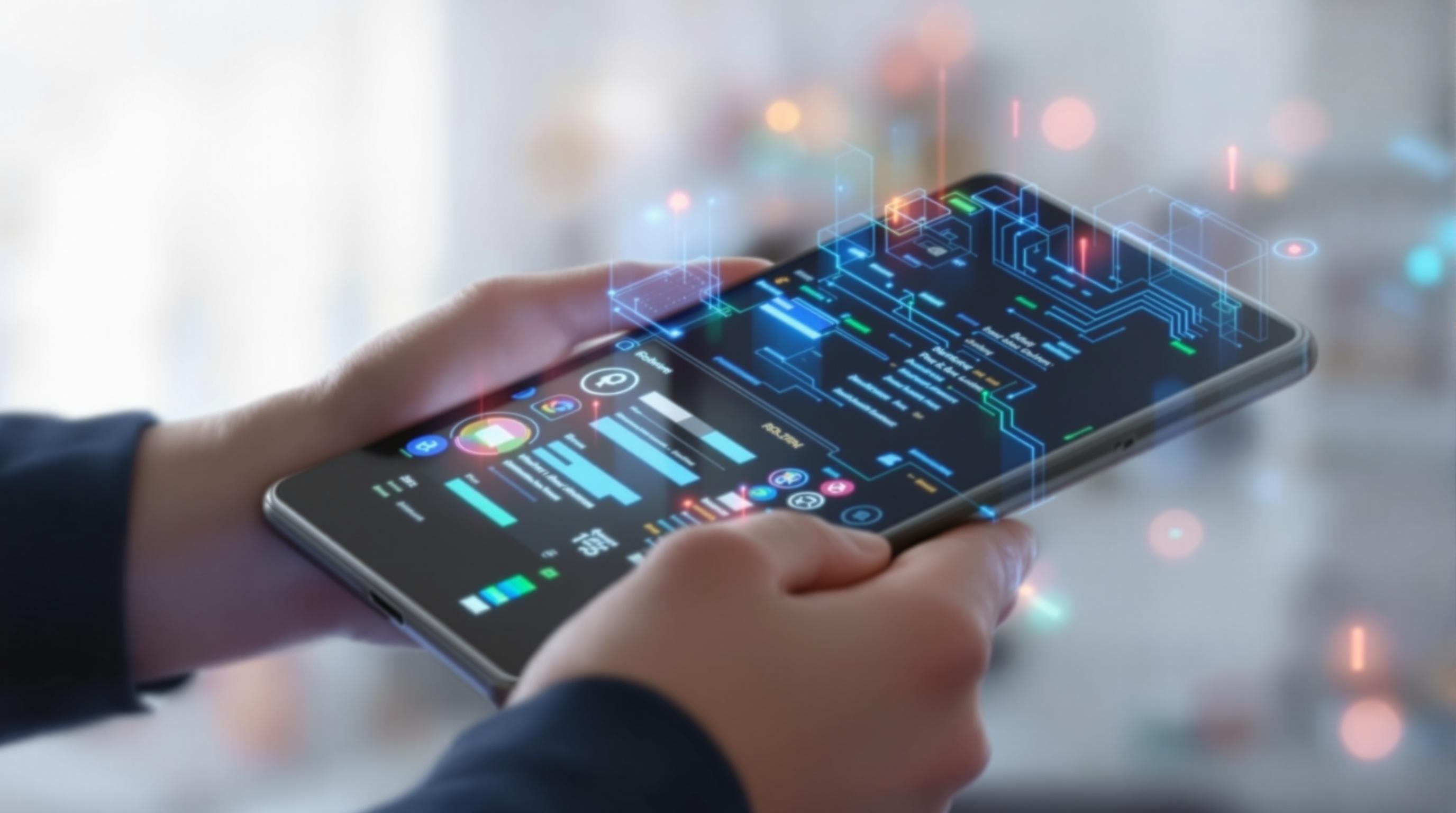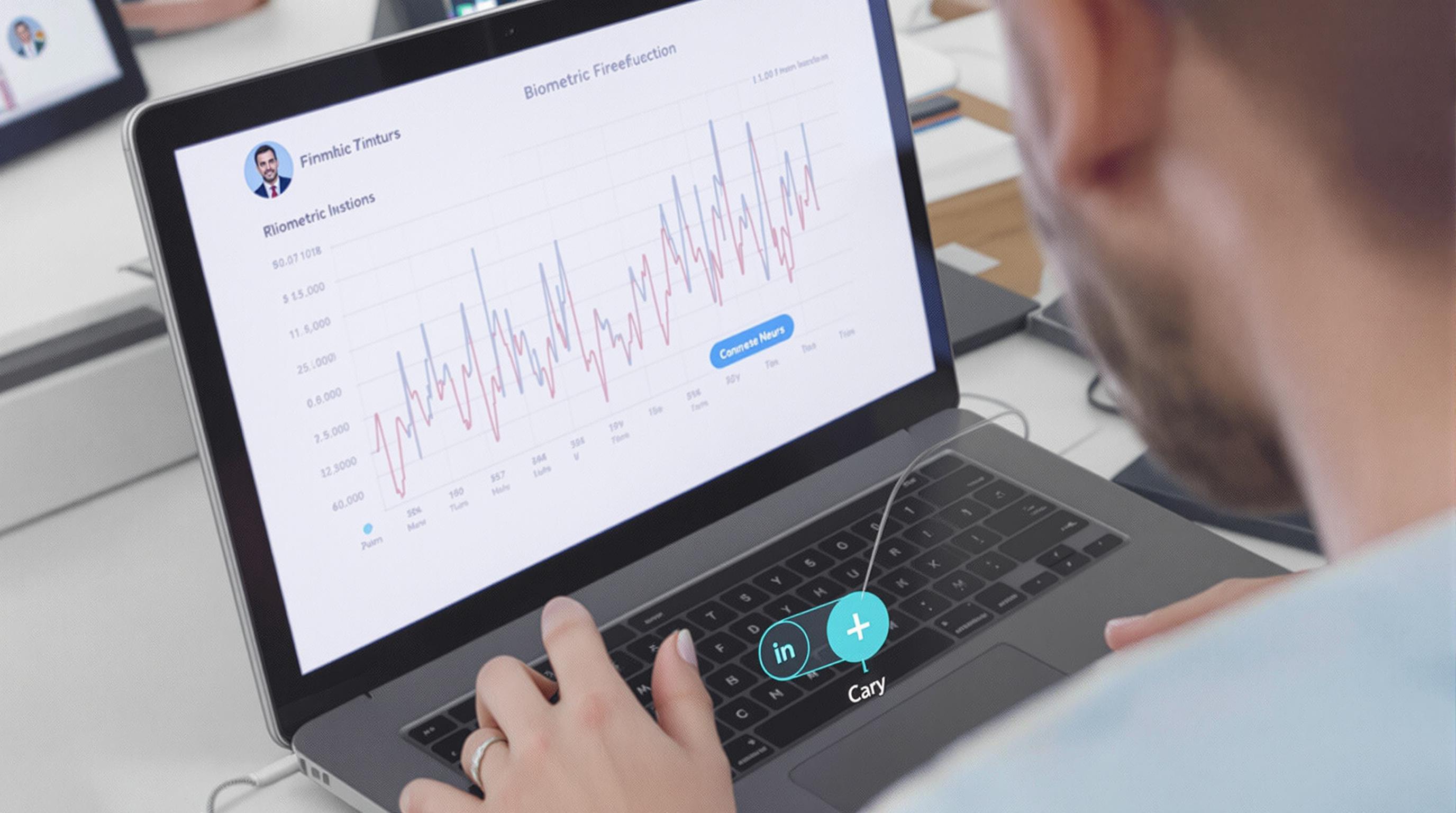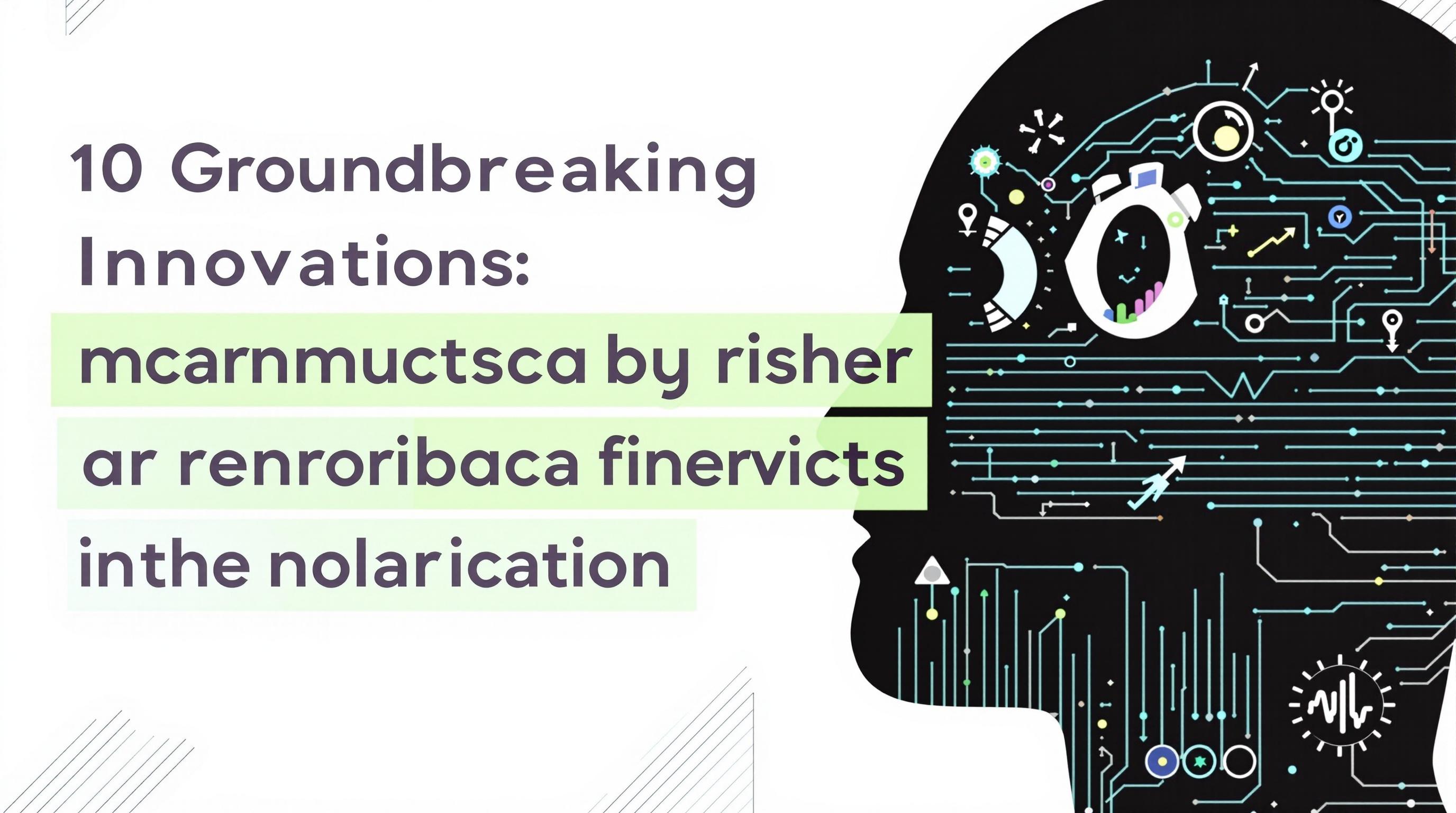Related Articles
- Uncharted Frequencies: The Surprising Role of Subcultures in Shaping Global Digital Landscapes
- Wired Whims: The Unexpected Role of Niche Online Communities in Shaping Global Digital Trends
- Fragmented Signals: Exploring the Shadows of Digital Divide in Emerging Economies and Its Impact on Global Unity
- Decoding the Invisible: How Microbial Communication Could Revolutionize Digital Interactions
- Cryptic Channels: How Encrypted Messaging Platforms Are Reshaping Trust and Transparency in Online Interactions
- Mysterious Modes: The Rise of Cryptographic Channels in Secret Online Dialogues and Their Hidden Impacts
10 Revolutionary Avenues: How Biometric Feedback Instruments Are Transforming Personal Dynamics in Digital Communication Tools
10 Revolutionary Avenues: How Biometric Feedback Instruments Are Transforming Personal Dynamics in Digital Communication Tools
10 Revolutionary Avenues: How Biometric Feedback Instruments Are Transforming Personal Dynamics in Digital Communication Tools
1. Introduction to Biometric Feedback Instruments
Biometric feedback instruments are technologies that measure physiological responses and behaviors, providing real-time data on an individual's emotional and psychological states. This emerging field bridges the gap between human physiology and digital communication, enhancing how we interact with one another in virtual spaces.
As tools evolve, they incorporate elements like heart rate variability, skin conductance, and facial recognition to analyze user reactions. These instruments pave a new path in understanding digital communication, offering unprecedented insights into emotional dynamics.
By capturing nuances typically lost in traditional text-based communication, biometric feedback enhances empathy and connectivity among users. This article explores ten revolutionary avenues where these instruments are reshaping personal dynamics in digital environments.
2. Enhancing Emotional Intelligence
Biometric feedback instruments contribute significantly to emotional intelligence by providing insights into emotional states during conversations. By interpreting physiological signals, users can become more aware of their emotions and those of others, facilitating deeper engagement.
For instance, platforms using biometric data can alert users to physiological signs of stress or excitement, prompting more thoughtful responses. This immediate feedback allows for conversations that are more attuned to emotional subtleties, enhancing relational dynamics.
Moreover, enhancing emotional intelligence through technology can also empower individuals to self-regulate their emotions, leading to more constructive dialogues. As a result, both personal and professional communications can benefit from a richer understanding of emotional contexts.
3. Revolutionizing Remote Workspaces
The rise of remote work has highlighted the importance of effective digital communication tools. Biometric feedback instruments have begun to transform these spaces by monitoring emotional and cognitive stress levels in real-time.
For example, virtual meetings may integrate AI systems that leverage biometric data to assess participants' engagement and emotional responses. This technology provides facilitators with essential information to adjust their approaches dynamically.
As a result, organizations can create more inclusive and productive remote environments. By understanding emotional and psychological states through biometric feedback, teams can foster better collaboration, leading to improved outcomes.
4. Facilitating Conflict Resolution
In high-stakes conversations, conflict resolution can often be hindered by miscommunication and emotional tension. Biometric feedback instruments can play a vital role in mitigating these barriers, providing participants with real-time insights into their emotional states.
Using tools that monitor physiological feedback, participants can receive alerts when discussions escalate in tension, allowing for immediate corrective action. These insights provide critical data for both parties to navigate conflicts more constructively.
Ultimately, the implementation of biometric feedback in conflict resolution promotes healthier dialogues, encouraging openness and empathy. This transformation contributes to resolving issues faster and with a greater sense of mutual understanding.
5. Redefining User Engagement
Digital communication tools crave heightened user engagement to capture attention effectively. Biometric feedback can redefine this engagement by providing insights into when users are most attentive or disengaged during interactions.
Companies can personalize communication strategies based on real-time biometric data, perpetuating a cycle of continuous improvement. For example, a marketing platform could adjust messaging based on emotional reactions measured through biometric feedback.
This tailored approach not only fosters deeper connections but also enhances brand loyalty. By making engagements more relevant and resonant, organizations can elevate the personal dynamics within their digital environments.
6. Developing Personalized Learning Experiences
In the realm of education, biometric feedback instruments are making strides in personalizing learning experiences. By assessing students' emotional and cognitive states, these tools can adapt content delivery and pacing to fit individual needs.
For instance, online learning platforms can promote engagement by recognizing when learners exhibit signs of frustration or boredom. By dynamically adjusting content, these platforms create a more tailored educational experience, fostering deeper understanding and retention.
This personalized approach enhances student outcomes, as learners interact with content when it's most relevant to them emotionally and mentally. Ultimately, biometric feedback supports a more holistic and effective learning environment.
7. Transforming Marketing Strategies
Biometric feedback offers marketers an unprecedented opportunity to understand consumer behavior on a fundamental level. By recognizing emotional and physiological signals, brands can craft highly targeted marketing strategies that resonate with their audience.
Using tools to measure engagement during commercials or ad campaigns, companies can determine precisely what evokes positive responses from potential customers. This data-driven approach leads to more effective marketing efforts.
As a result, brands are not only making data-informed decisions but are also cultivating a sense of connection with their consumers. The transformation of marketing strategies through biometric feedback enhances brand relationships by creating authentic experiences.
8. Building Healthier Relationships
In personal relationships, understanding emotional dynamics is crucial for healthy interactions. Biometric feedback instruments are emerging as tools that can aid in cultivating more profound and meaningful connections between partners.
Applications that integrate biometric data allow couples to navigate their emotional landscapes and communicate more effectively. By being aware of physiological responses, partners can address issues before they escalate, enhancing their connection.
Additionally, these technologies can facilitate enriched discussions around vulnerability and emotional sharing, strengthening the bonds between individuals. In this way, biometric feedback contributes to healthier, more resilient relationships.
9. Privacy Concerns and Ethical Considerations
While biometric feedback instruments offer remarkable potential, they also raise significant privacy concerns and ethical implications. The collection of sensitive physiological data necessitates robust safeguards to protect users’ information.
Organizations must navigate complex questions regarding consent, data retention, and user rights. Transparency is critical; users need to understand how their biometric data will be utilized and have the option to control its use.
Balancing innovation with ethics will be paramount as the reliance on biometric feedback systems grows. Ensuring responsible practices will foster trust and acceptance, which are vital for the technology's success in digital communication.
10. The Future of Biometric Feedback in Digital Communication
As technologies continue to evolve, the future of biometric feedback in digital communication looks promising yet complex. The integration of AI advancements could lead to even more sophisticated tools capable of interpreting intricate emotional landscapes.
Future developments may see biometric feedback embedded in everyday devices, leading to ubiquitous emotional awareness in various contexts—be it work, social interactions, or education. This intertwining could transform personal dynamics and redefine how we connect with one another.
In embracing these innovations, we must remain vigilant, fostering a future where technology serves humanity positively. As we explore the realms of biometric feedback, we hold the potential for richer, more meaningful connections in the digital age.




